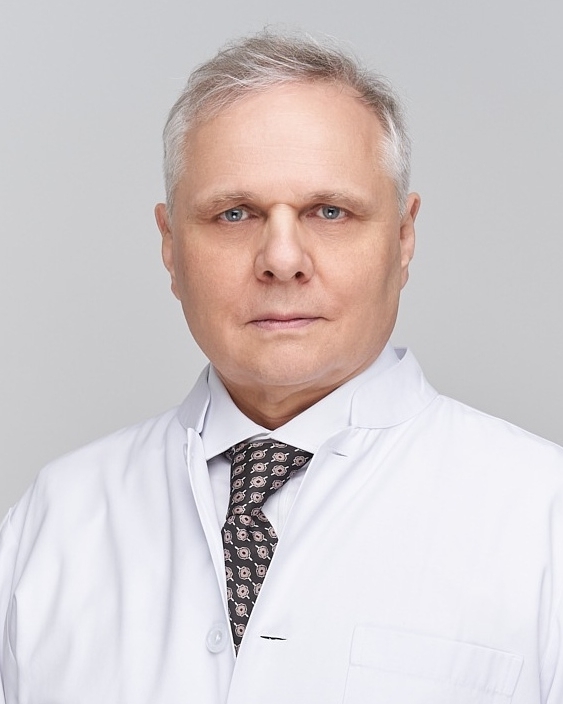
A little bit of social anxiety is a very normal part of life. Managing social anxiety is a part of becoming emotionally mature and accepting of our human nature. Meeting the demands of a new professional role, trying new activities, and being out of our comfort zone can trigger anxiety. An extreme form of social anxiety is called social phobia. This disorder is triggered by social exposure fear, self-consciousness, and embarrassment. Many people also use the word social phobia for this disorder.
The word “phobia” implies that there is an extreme, irrational fear, so when people have a social phobia, they are not just a little bit shy or out of their comfort zone. People with a social phobia are unbearably anxious and fearful and will attempt to avoid social situations. The onset of this disorder often begins in the early to mid-teens but can also have a childhood or adult onset.
CHMC is German Psychiatric Clinic treating the entire spectrum of mental health conditions, among them social phobia. The step preliminary to treatment of social phobia in our clinic in Dubai is an in-depth diagnosis necessary to exclude other psychiatric conditions.
Schedule an appointment with our specialists at CHMC:
Call CHMCRead more about anxiety disorders:
- Treatment for Anxiety
- Generalized Anxiety Disorder
- Treatment for Panic Attacks
- History of Panic Attacks. Developing the Diagnosis
- Flying Phobia. The Fear of Flying
- Claustrophobia. Symptoms, Causes and Treatment
- Agoraphobia. Diagnosis and Treatment
Causes of Social Anxiety
This disorder can have a genetic origin, a social origin, or both. This highlights the interaction between nature and nurture. Often, social phobia treatment becomes necessary for individuals who have endured negative social experiences, such as misguided parenting, bullying, or public humiliation. These events, coupled with underdeveloped social skills and limited social exposure, contribute to social anxiety disorder, where the fear of being scrutinized or judged is constant.Social situations like gatherings, work meetings, presentations, or dating can cause intense dread, with the lead-up often marked by severe anticipatory anxiety. The discomfort is so overwhelming that individuals frequently avoid social interactions altogether. This avoidance restricts their personal, academic, and professional growth. Seeking help from the best psychologist in Dubai or beginning psychotherapy in Dubai can provide effective strategies to manage anxiety, build confidence, and reengage with life.
Symptoms of Social Phobia

The National Institute of Mental Health (2019) lists the following symptoms and behaviors for affected people:
- Blush, sweat, tremble, feel a rapid heart rate, or feel their “mind going blank.”
- Feel sick to their stomach
- Show a rigid body posture, make little eye contact, or speak with an overly soft voice
- Find it scary and difficult to be with other people, especially those they don’t already know, and have a hard time talking to them even though they wish they could
- Be very self-conscious in front of other people and feel embarrassed and awkward
- Be very afraid that other people will judge them
- Stay away from places where there are other people
This disorder appears on a spectrum from mild to debilitating. It can severely impact a person’s ability to function in social, academic, and professional environments. For instance, some students drop out of college due to the pressure of in-class presentations. Similarly, professionals may miss out on promotions because they struggle to speak up or present in meetings. On a personal level, many capable individuals remain isolated, lacking close friendships or a life partner. The loss of human potential caused by this disorder is profound. With the right support, such as psychotherapy in Dubai or cognitive behavioral therapy in Dubai, individuals can learn effective coping strategies. In cases where social anxiety affects intimate relationships, seeking guidance from a qualified marriage therapist in Dubai can also help improve communication and connection.
How We Treat Social Phobia at CHMC in Dubai
Social phobia is a treatable condition. Cognitive behavioral therapy (CBT) is an effective, evidence-based treatment approach for social anxiety disorders, among them social phobia.
The idea behind CBT is that a person begins to change thinking that keeps them trapped in fear and avoidance. A psychologist or counselor will provide a safe, non-judgmental setting. There the patient can discuss their thoughts and feelings to make corrections in their thinking. Psychotherapy also provides an opportunity to gain social experience and competence. The new skills the patient will carry over into other social settings.
Social anxiety disorder has the same physical root cause as any of the other anxiety disorders, like panic disorder, GAD, OCD, or PTSD. The psychiatrist can prescribe medication if your natural human “fight or flight” mechanism is too activated. This will bring your system back to a normal state.
At CHMC, we can assess your psychiatric and psychotherapy needs and provide the best possible treatment plan, services, and support.


